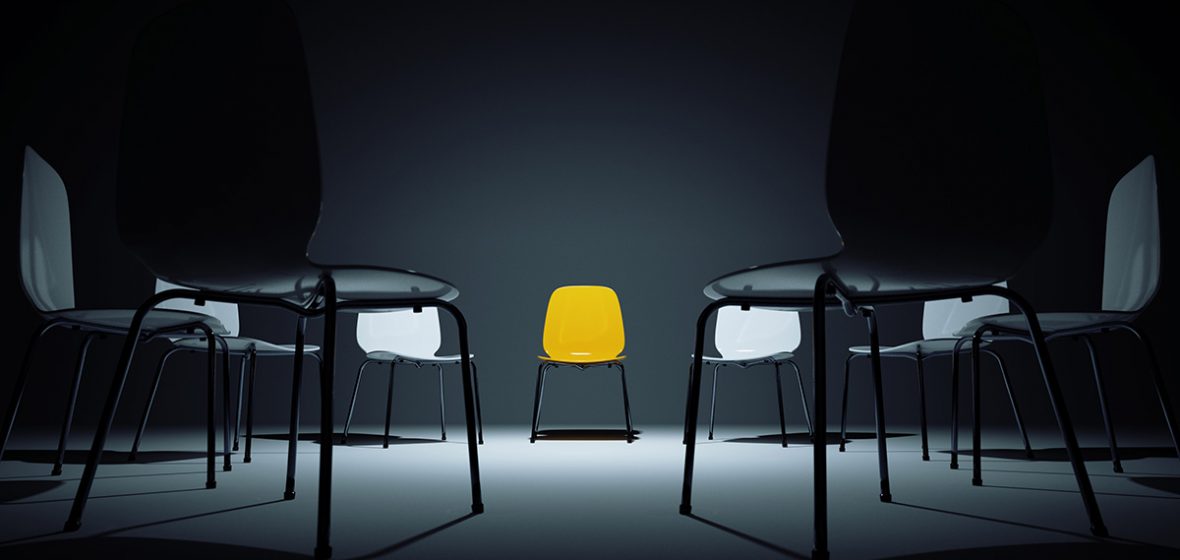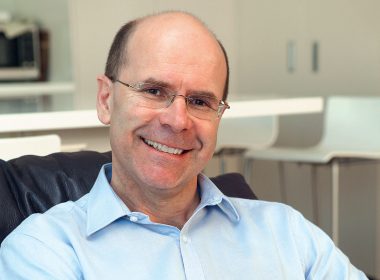Society expects the legal process to be fair, but we often ignore very obvious vulnerabilities and aren’t inclusive because we need to have a ‘bad’ person within that process. Can the process really be fair if you don’t take into consideration the vulnerabilities people have and [you don’t] accommodate for them?
Fairness to the accused is paramount in Australian law, as well as in many other jurisdictions around the world. But pop culture and news media often stereotype the players in our justice system, by creating a pair of polarised characters including a “bad offender” and a “hard-done-by victim”. Even recent statistics by the Bureau of Crime Statistics and Research have revealed that confidence in the justice system (and often misguided perceptions about it) hinges on this duality.
However, a new book released in October, co-authored by some of Australia’s leading academics in psychology and criminology, aims to challenge these notions and ultimately create a fairer justice system.
In just over 100 pages, Interviewing Vulnerable Suspects provides an in-depth, evidence-based guide for the legal profession and police audience when interacting with suspects with specific vulnerabilities, including mental illness and hearing impairment, and people from culturally and linguistic diverse backgrounds or of First Nations origin.
Co-editor Celine van Golde, lecturer at the University of Sydney, told LSJ the first-of-its-kind handbook is not geographically limited and can be applied to jurisdictions around the world, including police and solicitors in the UK. The guide was written with first responders in mind, but its teachings can be applied by social workers, judges, and jurists.
“There are many ways to make the legal system more inclusive for victims or witnesses, but suspects are often forgotten,” van Golde said.
“Society expects the legal process to be fair, but we often ignore very obvious vulnerabilities and aren’t inclusive because we need to have a ‘bad’ person within that process. Can the process really be fair if you don’t take into consideration the vulnerabilities people have and [you don’t] accommodate for them?”
“Any suspect is vulnerable. Because as soon as you go into a police station, as soon as you are charged or are being interviewed, you are not in control of your situation. If you have an additional vulnerability on top of that, this increases even more.”
 Celine Van Golde, Senior Lecturer University of Sydney
Celine Van Golde, Senior Lecturer University of Sydney
Police and other professionals in the criminal justice system are generally mindful of the need to accommodate vulnerable suspects, but van Golde explains they often lack the knowledge and skills needed to do so.
“We expect so much from police officers, [including how] to determine if someone has a vulnerability, like mental health. But if they don’t recognise it or don’t respond to it, then all of a sudden they have done something wrong, and evidence gets thrown out of court or investigations.”
While studying law in the Netherlands, van Golde undertook electives in legal psychology and became intrigued by questions pertaining to mistakes within the justice system: Where do mistakes happen? How can we prevent them from happening? Her research in Australia initially focused on witnesses and victims, but she became fascinated by cases of potential wrongful convictions through the University of Sydney’s innocence project.
Interviewing Vulnerable Suspects provides an overview of current research and legal considerations and guidelines for identifying vulnerabilities, engaging with third parties in interviews, and training and supervision.
“It will help solicitors evaluate the validity of the original interviews. Different vulnerabilities require you to interact in different ways. It’s about when to get a proper assessment done to see if a person can actually understand and consent to an interview,” van Golde explains.
“If somebody has confessed during the interview you can evaluate that against the background of these guidelines. Whether it is solid or questionable or whether the evidence could be thrown out in court.
“How we treat our suspects is a good reflection of our society, but also of our judicial system. If you know it is done in a fair way, there will be greater trust in the outcome. If you must question the way police interact with a suspect, can you really rely on an outcome of the trial? If you are invested in a conviction, it is awful if that is undermined by the way the suspect has been treated.”




